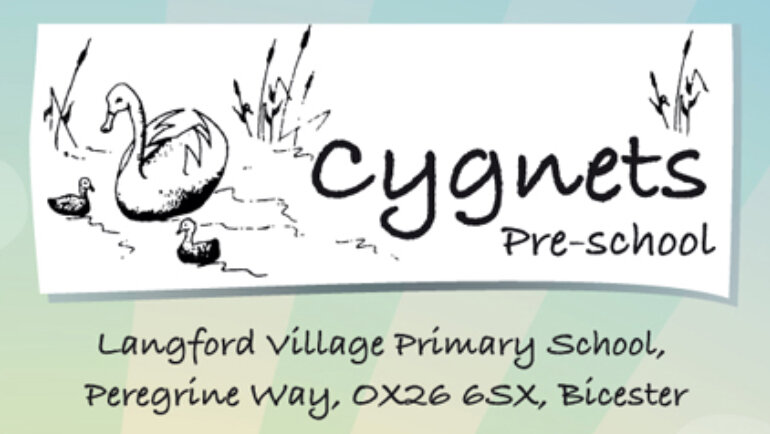Getting Early Help and Support
It is not easy being a parent!
We are here to listen to your concerns and worries and work closely with you to make sure you and your family get the right support at the right time.
We are here to listen to your concerns and worries and work closely with you to make sure you and your family get the right support at the right time.
Every family faces challenges. Early Help means us working with you and your family so that small problems don’t become bigger.
Make it stand out.
-

Why would I want Early Help?
Lots of reasons!
It could be that you’re worried about your own or your child’s health, development or behaviour, or how things are going at school.
Perhaps because you are caring for a disabled child or you are a young person caring for other people or maybe you’ve had bereavement in the family that’s made life a real challenge.
It may be that you’re worried about money or housing and how that is affecting your family.
Maybe you or your child/family is affected by domestic abuse, drugs, alcohol or crime.
In these instances Early Help can be a way of supporting you.
-

Where can I get Early Help?
If you feel you and your family might need support to solve some problems, you can ask someone in your life that you trust about early help.
This might be a teacher, GP, health visitor, nursery practitioner, a housing support worker, or any other professional supporting you.
Sometimes if someone is worried that you’re having some problems, they might ask you if you would like to talk about early help.
-

What will happen when I ask for Early Help?
A person you trust in your life will talk with you about the problems you’re experiencing. They will ask what help and support you think you might need. After this conversation they may suggest completing an Early Help Assessment.
Lets together try and stop small problems getting bigger!
-
The Early Help Assessment
An Early Help Assessment (EHA) is nothing to be worried about. It can start with a conversation to work out how to help you stop small problems turning into big problems.
It is good to talk about things that are going well and things that you’re proud of as well as things that you’re finding a challenge.
Together you’ll agree what to write down in the EHA so there is a record of what you talked about. If help is needed from other services you do not need to keep repeating your story.
Parents: It is really important that children’s views are included in the EHA. With your consent the person will talk with your child/ren or arrange for somebody who knows your child/ren to speak to them.
-
What happens next?
What happens next will be different for every family or young person.
You might make a plan with the person you spoke with to sort out the problems you have identified. This is recorded in the Early Help Assessment.
If you decide that you’d like some help, people from different organisations can talk to one another, share information with your consent and work together with you to help to support you and/or your family.
-
TAF - Team Around the Family
A TAF brings together people you know or who can offer support. Together, they can help you and your family find ways to solve any problems you are having.
You can say who you want to
come to the meeting.Things only happen if you agree with them.

